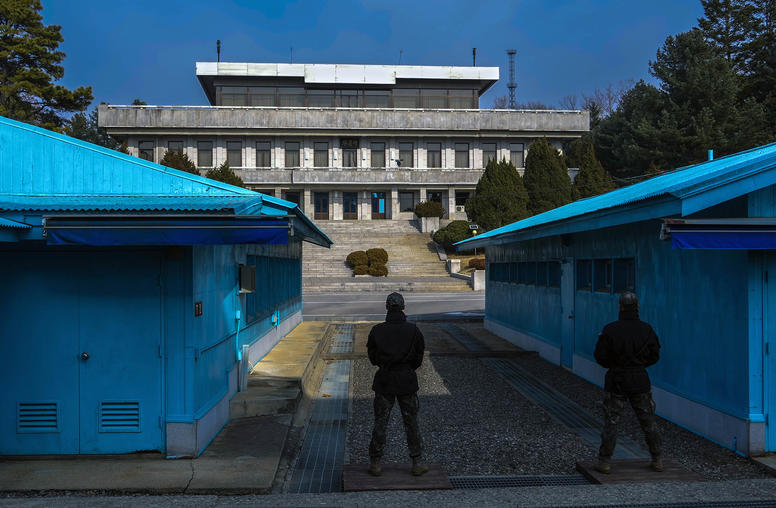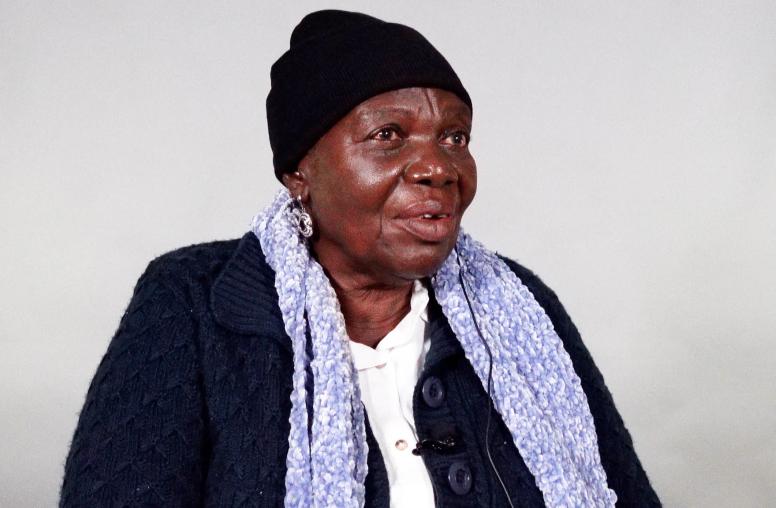Why We Fight: A Conversation with Christopher Blattman
A Look at the Root Causes of War and Pathways Toward Peace
In today’s tumultuous world, it’s easy to forget that most of the time, wars don’t happen. From adversarial states to street gangs, ethnic groups, religious sects and political factions, hostile rivalries are a commonplace fixture in our local communities, as well as around the world. Yet, only a fraction of them erupt into violence. In his new book, “Why We Fight: The Roots of War and the Paths to Peace,” acclaimed expert on violence and seasoned peacebuilder Christopher Blattman draws on decades of research on economics, political science, psychology and real-world interventions to lay out the root causes of — and remedies for — war.
In the book, Blattman argues that societies are surprisingly good at interrupting and ending violence. In the exceptional cases when rivalries turn violent, the cause can be traced to five factors that undermine the potential for rivals to deescalate and compromise. Blattman offers a framework for thinking about how societies can build resilience that reduces the likelihood that any of these five factors may interrupt the path to peace.
On June 2, USIP hosted a conversation with Chris Blattman on his new book, “Why We Fight: The Roots of War and the Paths to Peace.” The discussion looked at what keeps rivals from compromise, as well as what remedies can shift incentives away from violence and get parties back to dealmaking.
Speakers
Joseph Hewitt, welcome remarks
Vice President of Policy, Learning, and Strategy, U.S. Institute of Peace
Chris Blattman
Professor, Harris School of Public Policy, University of Chicago; Author, “Why We Fight”
Raj Kumar, moderator
Founding President and Editor-in-Chief, Devex



